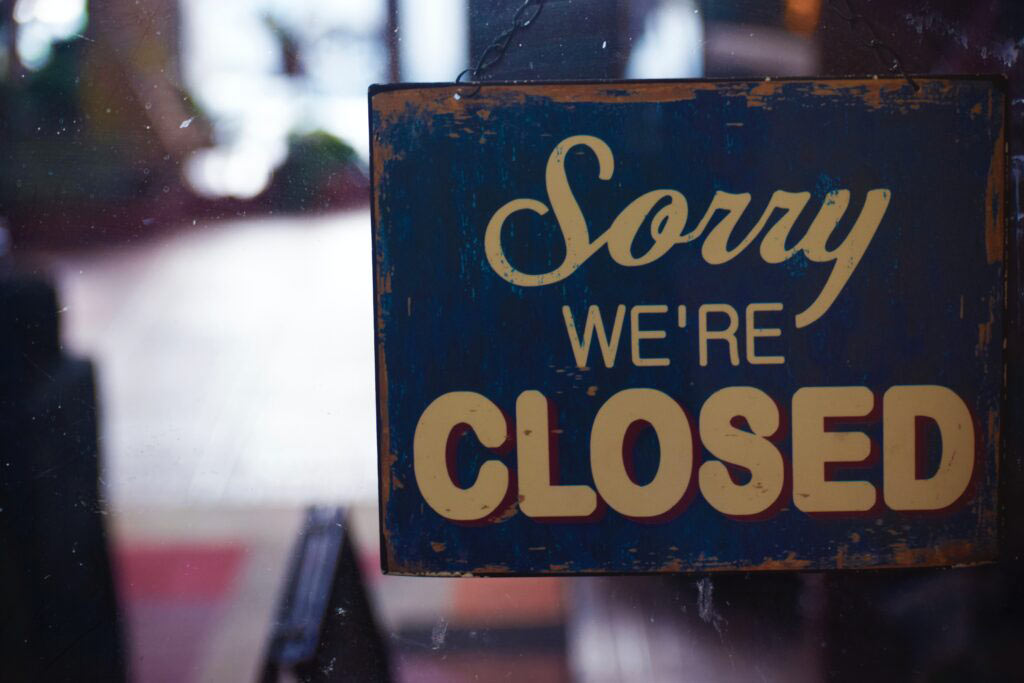Every year, major disasters affect millions of people worldwide, including businesses that span across several different industries. Natural calamities, economic recession, and pandemics affect international and local communities and businesses. The hospitality industry is certainly one industry that is greatly affected, being reliant on customers who travel and on-ground staff who provide the services.
During these troubling times, your business will have to brace itself and adapt to unnatural scenarios. As a business owner, you may want to continue your operations even under compromised or limited access to resources and your personnel. Issues of security, travel bans, and rationing may arise and will certainly pose complications for you and your customers.
There is usually little time to adjust or to come up with creative solutions so that your business can still operate effectively. But by preparing ahead of any disaster, you and your staff can react appropriately to any dire situation through an organized process.
Therefore, it is necessary to delve into and create a crisis management plan.

Planning Ahead
As more and more business-related crisis escalated throughout the years, there has been an increase in demand for business owners to be more knowledgeable about crisis management. Preparing for, and handling a crisis does not only concern operations, but your business communications as well.
It may sound like a paradox when you realize that you are anticipating what will happen for an unexpected event, yet it is your best measure to avert further losses. A large part of crisis management is all about taking preventive efforts.
Here are a few steps you should include in your crisis management plan:
1. Safety procedures for the business and for your customers.
Identify the hazards in your business and create guidelines on reducing or eliminating them. This will protect your customers and your staff and is meant to put them all at ease inside your business’s premises.

2. Assigned roles and responsibilities.
Assign roles for critical teams. Who are your key team players in this scenario and what roles should they play during a crisis? Delegate their roles before a crisis, the initial steps that they should do, how to contact them, and how they can contact you. Document important details about your crisis management team’s action plan so you can distribute and discuss ahead, not when the crisis is already unfolding.
3. Train your personnel.
Allocate time and resources for training your staff. They should know by heart or by muscle-memory on what to do when customers require assistance, be it medical or otherwise.
Marketing and Communications
In a crisis, one of the many causes of panic is misinformation as well as the lack of any useful updates. In a business, its management must maintain communications with their customers to keep them calm and controlled. Your staff will look to their supervisors and managers for instructions and verification, but they should be able to address simple questions and concerns achieved of course through proper training.
That is why preparing documentation (your crisis management plan) for your staff is critical not just on how they will conduct themselves during a crisis, but also in what they will convey to your customers.
Here are some tips on how you can manage your crisis communications:
- Internal Arrangements
Brief your staff about your intentions especially if you would want to continue business operations. All of you should be aligned on what specific measures to take during certain scenarios. This is where you and your staff’s crisis training kicks in. Get their commitment to stay on board but be open and be ready for any appeals that they may not be able to work due to personal reasons. Understand them and understand that there is still a crisis, after all. - External Communications
You and your staff should share the same unified message regarding your business’s brand presence. Whenever any of you communicate with your customers, the media, and the authorities, you should all be reading from the same page. Always reassure your customers of your continued services and bring them up to speed on your preventive plans and safety guidelines.
By the way, we previously published a blog about how to train your team about basic marketing.
Aside from providing FAQ’s, relay all your updates on all your external communication channels:
- Your business’s website
- Email communications
- Social media
- PR and media releases) if necessary or if this is already part of your usual communication stream)
It is recommended that you assign only one person or one team to handle communications. This will provide consistency in tone and to funnel out any unnecessary messages.

Here are some more tips on handling sudden business disruptions:
- Remember to prepare to waive any fees on cancellations as these should be expected from customers with their own emergency situations.
- For direct bookings, add perks and highlight them in your communication channels.
- Direct your marketing efforts on markets that are still open and viable.
- Prepare offerings such as gift vouchers, discount coupons, etc.
- Even if you’re the only business open in a certain location, make your presence felt by giving freebies, discounts or coming up with any strategic promos.
- Revisit your business policies and find out if some items apply to the current scenario and if they can address new customer concerns and needs.
Be sure that your communications still carry your trademark of being a laudable business owner. Demonstrate empathy to your customers, visitors, or anyone who may need assistance. It is your job to be hospitable and to be of service to others.
Conclusion
They say that you can never be prepared enough for any unprecedented disaster, no matter how well you have planned for it. This rings true for most industries. Hospitality business owners and staff, however, will tend to go beyond their call of duty or will extend themselves above any ordeal. This is because people will remember how well or how poorly your hospitality business reacted during a time of crisis.
